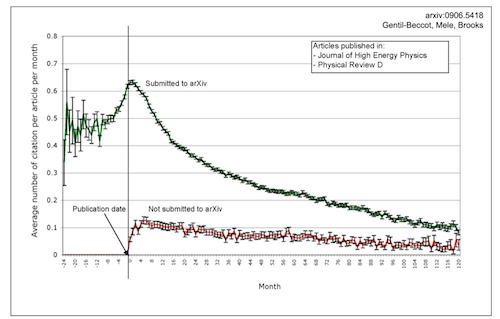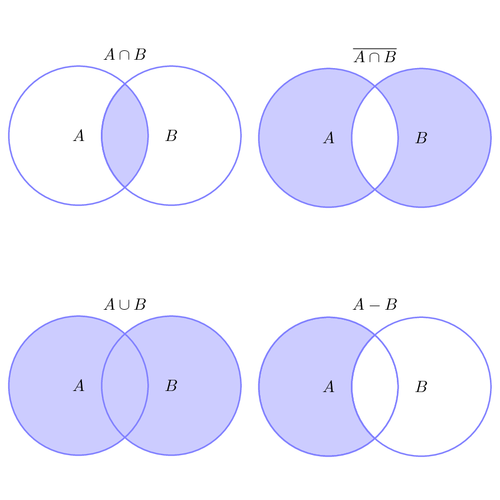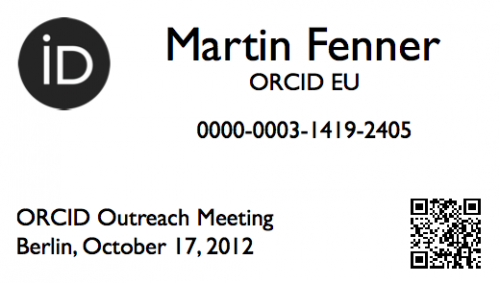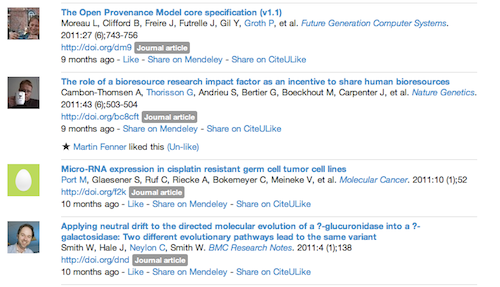
Article-Level Metrics provide new ways to look at the impact of scholarly research. Two important concepts are a) to track metrics for individual scholarly articles instead of using numbers aggregated by journal, and b) to go beyond citations and also include usage stats and altmetrics. Article-Level Metrics is also doing something else: instead of tracking impact by year, it looks at usage, altmetrics and citations in real-time.





